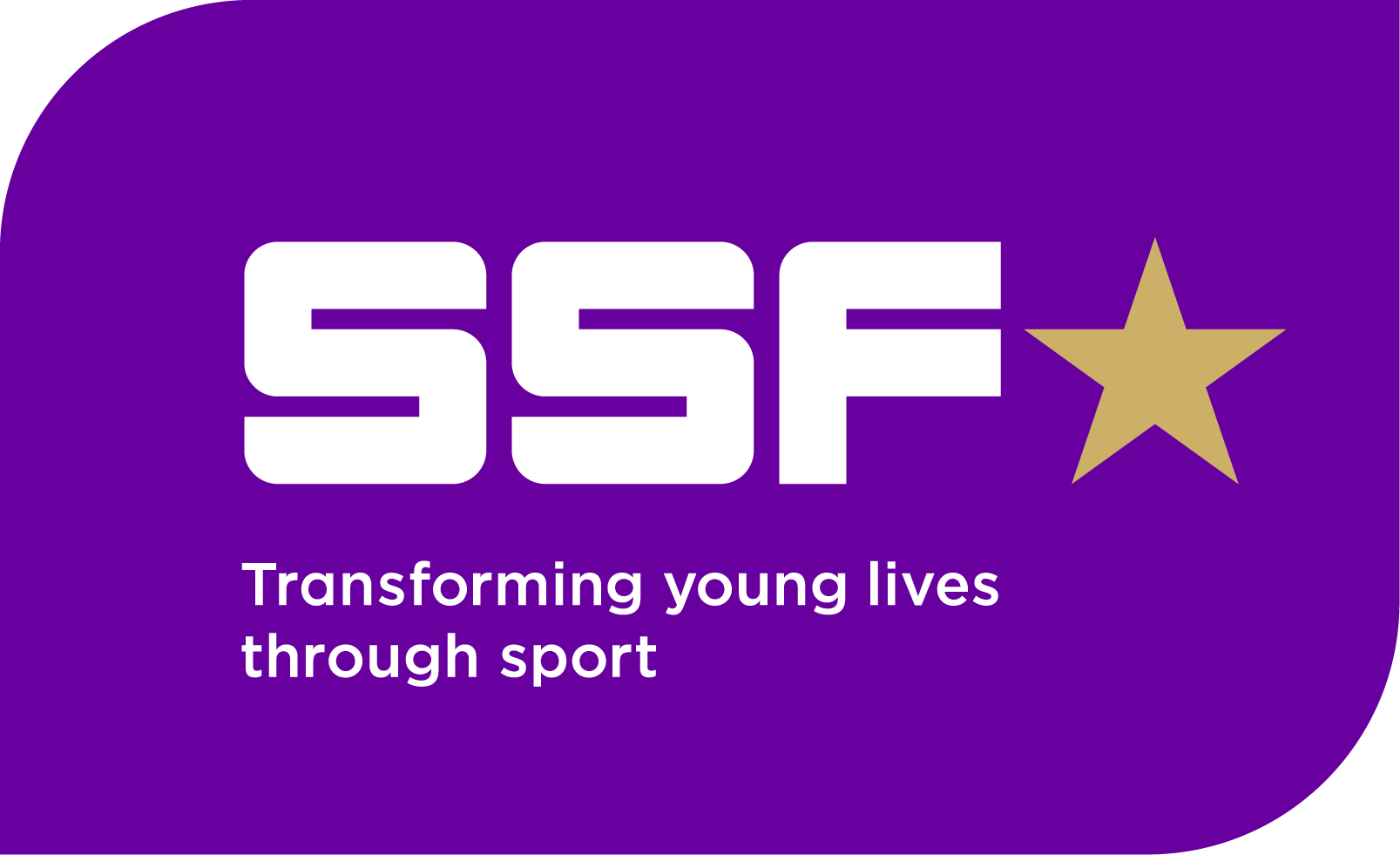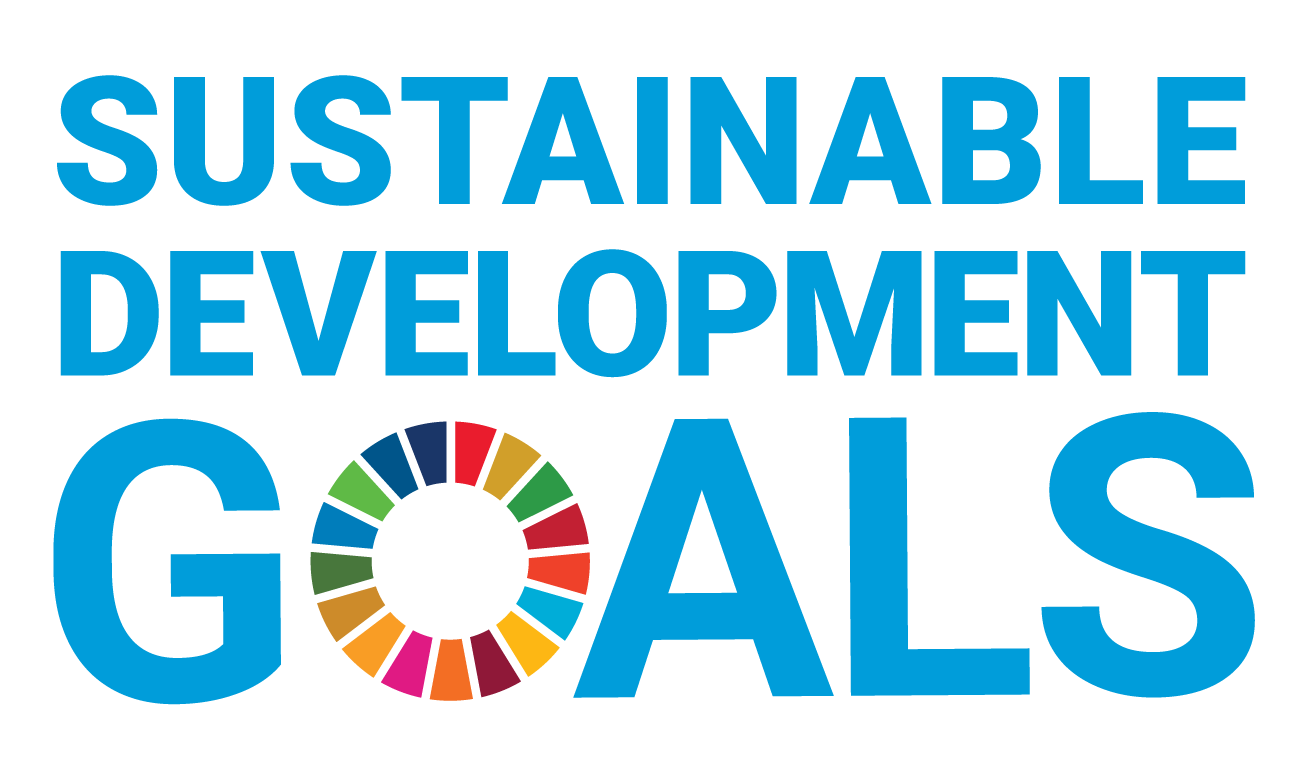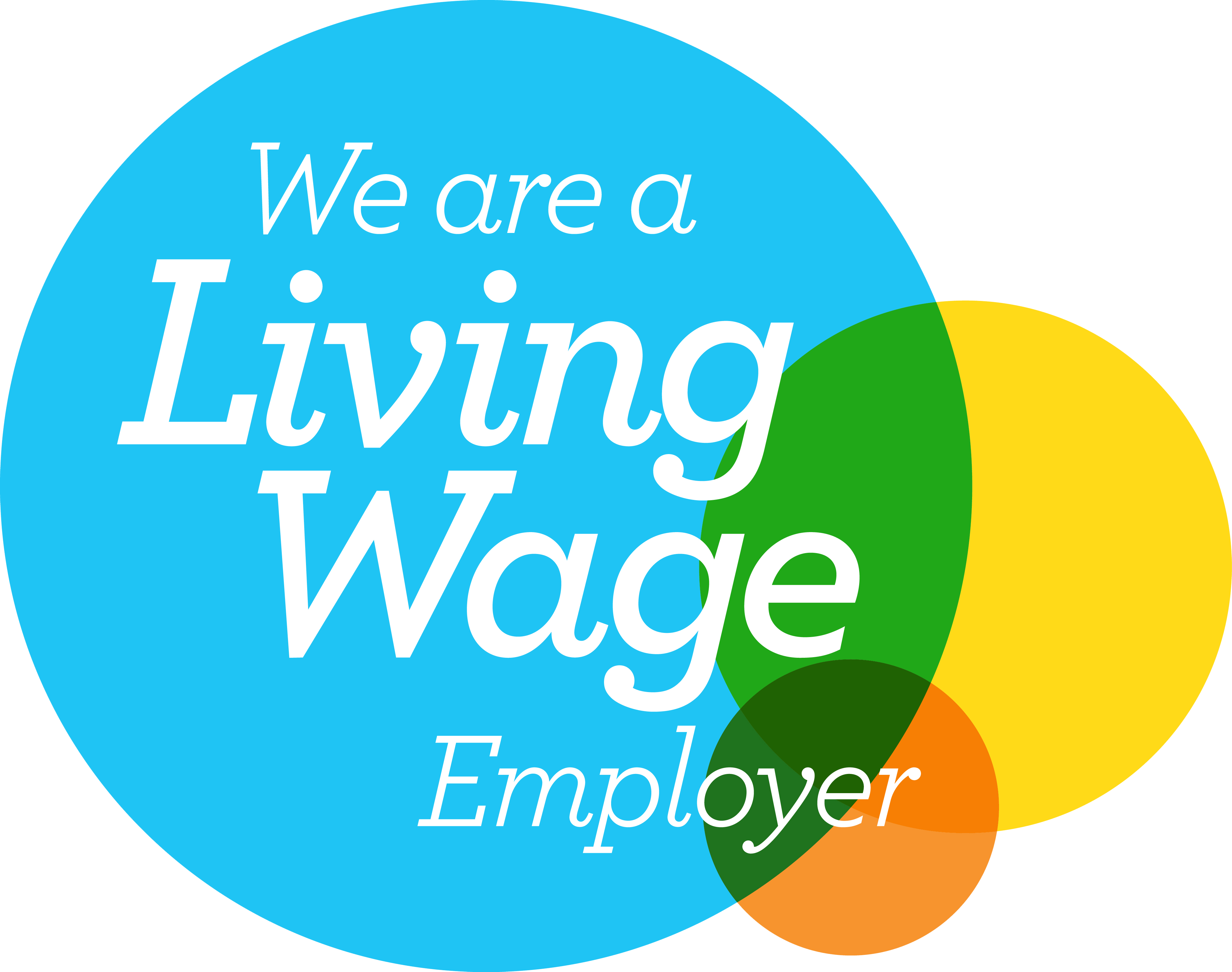We caught up with Declan MacDougall, SSF Young Leader and Wellbeing Ambassador.
Tell us a bit about your mental health journey…
I suffer from anxiety and random panic attacks that vary in severity. When I started Twilight, I suffered quite badly from these but didn’t really make it known and I bottled it up and this resulted in me not being able to control my emotions very well. I would show up to Twilight with my headphones on and not really try to connect or interact with people, I would take fouls personal and I tended to storm out a lot. The Twilight staff realised this was becoming a bit of an issue. They worked with me and spoke about different ways of being able to control my emotions better which helped a little but not much on a personal level. Then the ambassador program was brought up and I was instantly up for it, the idea of being able to spread my knowledge and love for basketball but I did have my doubts because I’m not very good at communicating with people I don’t know. Coming up to the ambassador residential I worked closer with the Twilight staff and managed to distill my fears and anxieties about the residential. I was a bit nervous as first but as the first night went by and everyone laughing and enjoying themselves I slowly came out my shell and the ambassador weekend opened me up, I didn’t feel scared or not included. From then on, I Have been able to be more out going and confident in my actions, to the point that I even got myself a college placement. I still suffer from anxiety and my panic attacks but now I am able to control them better and slow things down.
What impact do you think physical activity has on improving mental health and well-being and why?
I think sport has a huge impact on mental health, even just the interaction between athlete and coach can be amazing for them. Some may only get out the house very often and going out to play a sport may be the only social interaction they get that day. I know from experience from many times I haven’t wanted to speak to anyone that even just interaction with teammates and coaches can make a world of difference. In that regard I feel that physical activity can do wonders for your mental health and well-being.
What do you think are the key factors facing young people relating to mental health and wellbeing?
Being aware that everyone’s issues are different. A method you use to help someone might not help others and it’s important to try to help the young person in the way they feel most comfortable. It requires patience, there isn’t a quick fix when it comes to mental health, people are going to have good days and going to have bad days and you need to support them.
What are the things that you do that help improve your mental health and well-being?
When I am having an off day and I really don’t want to communicate with people I usually turn to basketball because everything about it is natural and makes me feel at home. If I’m having issues I sometimes will put headphones on and listen to music and write in a journal I have, sometimes I write about my problems and sometimes I write stories. I spend time with family or friends and try enjoy their company as much as possible. I spend time self reflecting and thinking about how I can slow down for when I am overthinking
What would you say has had the biggest influence on your mental health and well-being?
Basketball being one of the biggest influences in most aspects of my life has affected my mental health and well being. It has always been my escape from a bad day or if my anxiety has been bad lately, I can always find a safe place in a basketball court. There’s something about the pound of the ball against the hardwood that is oddly calming. Going to college has had a huge impact. I’ve had to learn how to do a lot of things for myself and travelling five hours a day gives me a lot of time to self reflect.
What more do you think can be done to highlight the benefit of sport and physical activity to mental health and well-being?
Do more workshops on emphasising talking about your mental health, like making it a more common thing to do and reduce the stigma around talking about mental health. Get more young people to do the workshops to show that these things aren’t just an adult thing. I feel like it’s something that needs to be talked about in schools more so that people have more opportunities to speak to someone or to recognise where they may need help with things. I feel that we really need to do everything we can to reduce the stigma of talking about our mental health.





